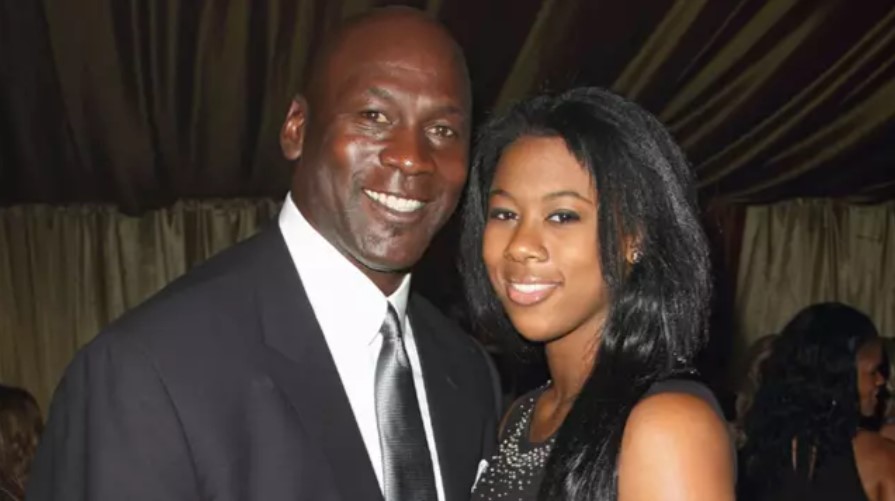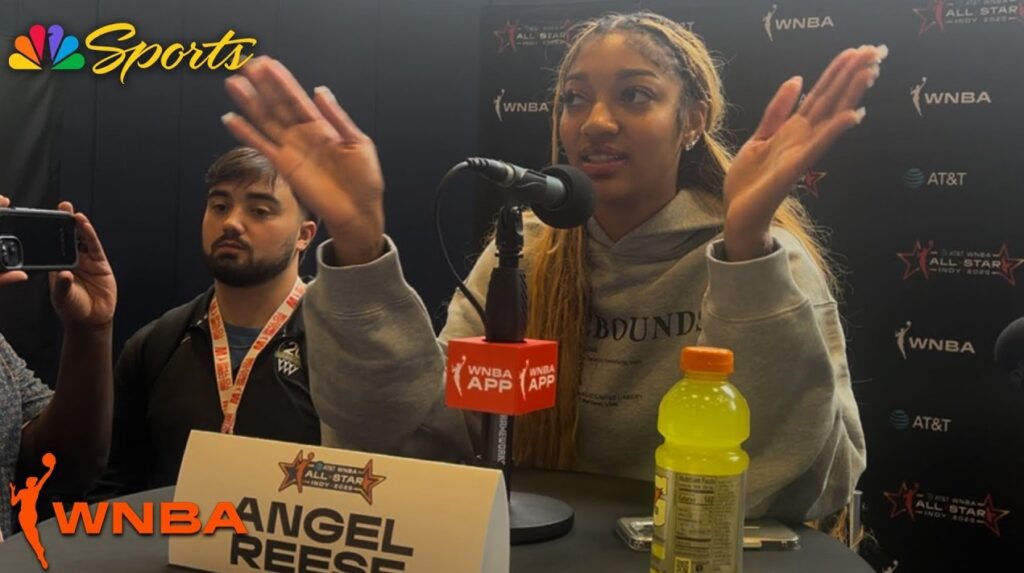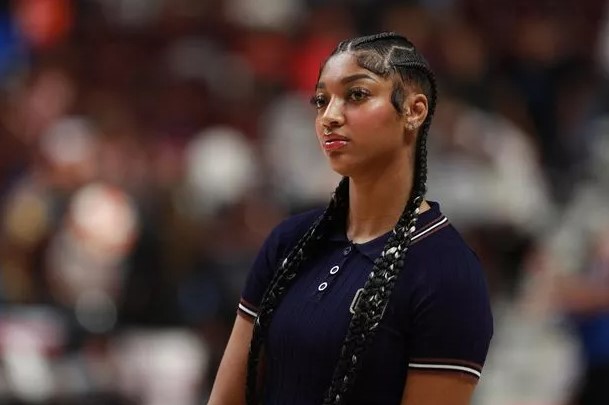WNBA’s Critical Crossroads: Angel Reese Leads Charge for Revolutionary Revenue Sharing in High-Stakes CBA Negotiations
The Women’s National Basketball Association finds itself at one of the most pivotal moments in its 28-year history, as ongoing Collective Bargaining Agreement negotiations threaten to culminate in an unprecedented lockout that could fundamentally alter the league’s trajectory. At the center of this brewing storm stands Chicago Sky superstar Angel Reese, whose passionate advocacy for player rights has transformed her from a rising basketball talent into one of the most influential voices demanding systemic change within professional women’s sports compensation structures.

The current negotiations have exposed deep-rooted inequalities that have plagued the WNBA since its inception, with the most glaring disparity being the league’s maximum salary cap of just $250,000 annually for supermax contracts—a figure that pales in comparison to the multi-million dollar deals routinely signed by male counterparts in the NBA. This stark contrast in compensation has become a rallying point for players who argue that their contributions to the sport’s growth and popularity warrant significantly higher financial recognition from league ownership and management.
However, the salary discrepancy represents merely the tip of the iceberg in what has evolved into a comprehensive fight for economic justice within professional women’s basketball, as players have increasingly focused their attention on what many consider the most egregious inequality: revenue sharing percentages. Currently, WNBA players receive a meager 9.3% of the league’s total revenue, a fraction that stands in stark contrast to the approximately 50% revenue share that has become standard practice across other major professional sports leagues in the United States.
Angel Reese has emerged as one of the most vocal advocates for addressing this revenue sharing imbalance, declaring in a recent ESPN interview that equitable revenue distribution represents a non-negotiable cornerstone of any acceptable CBA agreement moving forward. “Team Revenue, the revenue shares, that’s really important for us because we deserve it, and I know we’re not letting up on this issue,” Reese stated with characteristic determination, emphasizing the players’ unwavering commitment to achieving meaningful financial reform within the league’s economic structure.

The 23-year-old two-time All-Star has leveraged her considerable platform and growing influence to educate herself on the intricacies of collective bargaining while simultaneously mobilizing fellow players around the cause of economic equity. “I’m just going to continue to educate myself on what’s going on and staying involved because I know my voice carries weight, I know my platform reaches people, and I know when I speak, people are listening,” Reese explained, demonstrating her understanding of the responsibility that comes with her elevated profile within the sport.
What makes Reese’s advocacy particularly compelling is her acknowledgment that her personal financial situation, bolstered by lucrative endorsement deals, her successful “Unapologetically Angel” podcast, various media ventures, and strategic business investments, means she doesn’t necessarily need the money for herself. Despite earning approximately $81,100 per season through her four-year, $324,383 contract with the Chicago Sky, Reese has diversified her income streams to the point where WNBA salary increases wouldn’t dramatically impact her personal financial security.

“Not that I need the money, but it’s for everybody else,” Reese emphasized, highlighting the altruistic motivation behind her activism and her commitment to improving conditions for current teammates as well as future generations of WNBA players. This selfless approach has resonated throughout the league, as established veterans and emerging rookies alike recognize that Reese’s fight extends far beyond personal gain to encompass systemic change that could benefit the entire WNBA community.
The Chicago Sky star’s leadership in these negotiations reflects a broader generational shift within the WNBA, where younger players are increasingly willing to challenge traditional power structures and demand compensation packages that reflect their contributions to the league’s growing popularity and commercial success. “It’s the people that are coming behind me, it’s the people that have already played before me, so that’s why I’m going to continue to speak,” Reese declared, positioning herself as a bridge between past and future generations of women’s basketball players.
As negotiations continue and the specter of a potential lockout looms over the upcoming season, Reese’s unwavering commitment to achieving meaningful revenue sharing reform has established her as one of the most important voices in the fight for economic justice within professional women’s sports. Her willingness to use her platform, influence, and growing media presence to advocate for systemic change demonstrates how today’s WNBA stars are thinking beyond individual success to create lasting improvements for the entire league.
The outcome of these CBA negotiations will likely determine not only the immediate future of the WNBA but also set important precedents for how professional women’s sports leagues approach player compensation and revenue sharing in an era of unprecedented growth and visibility. With leaders like Angel Reese at the forefront of these discussions, the league may finally be positioned to achieve the kind of transformative economic reforms that players have been demanding for decades.